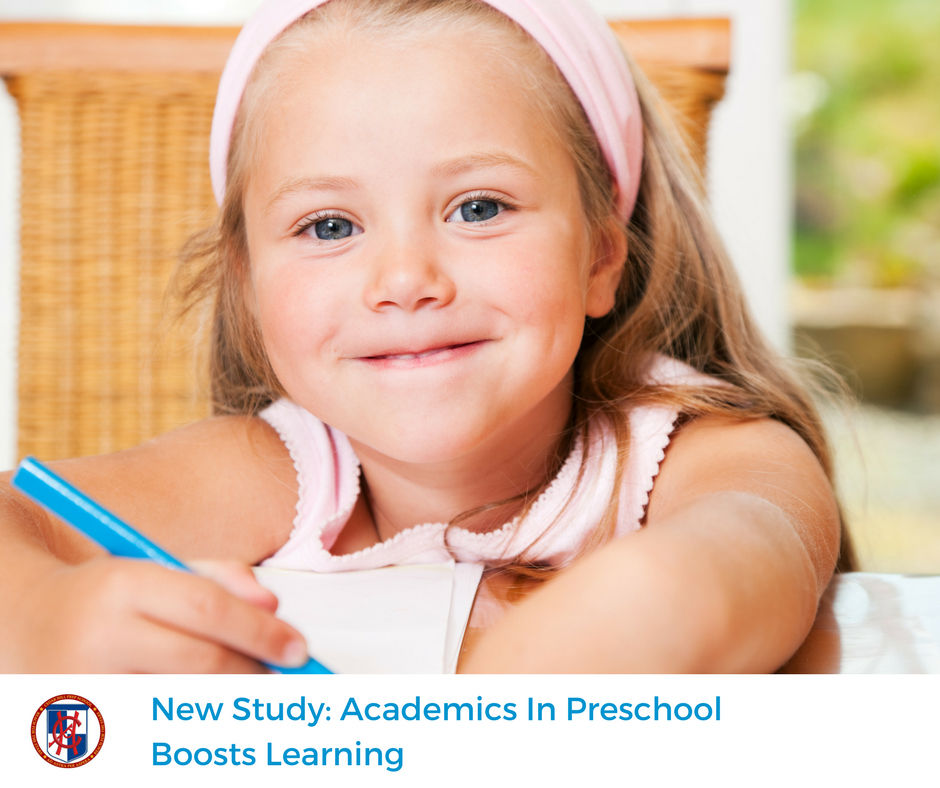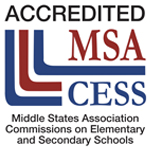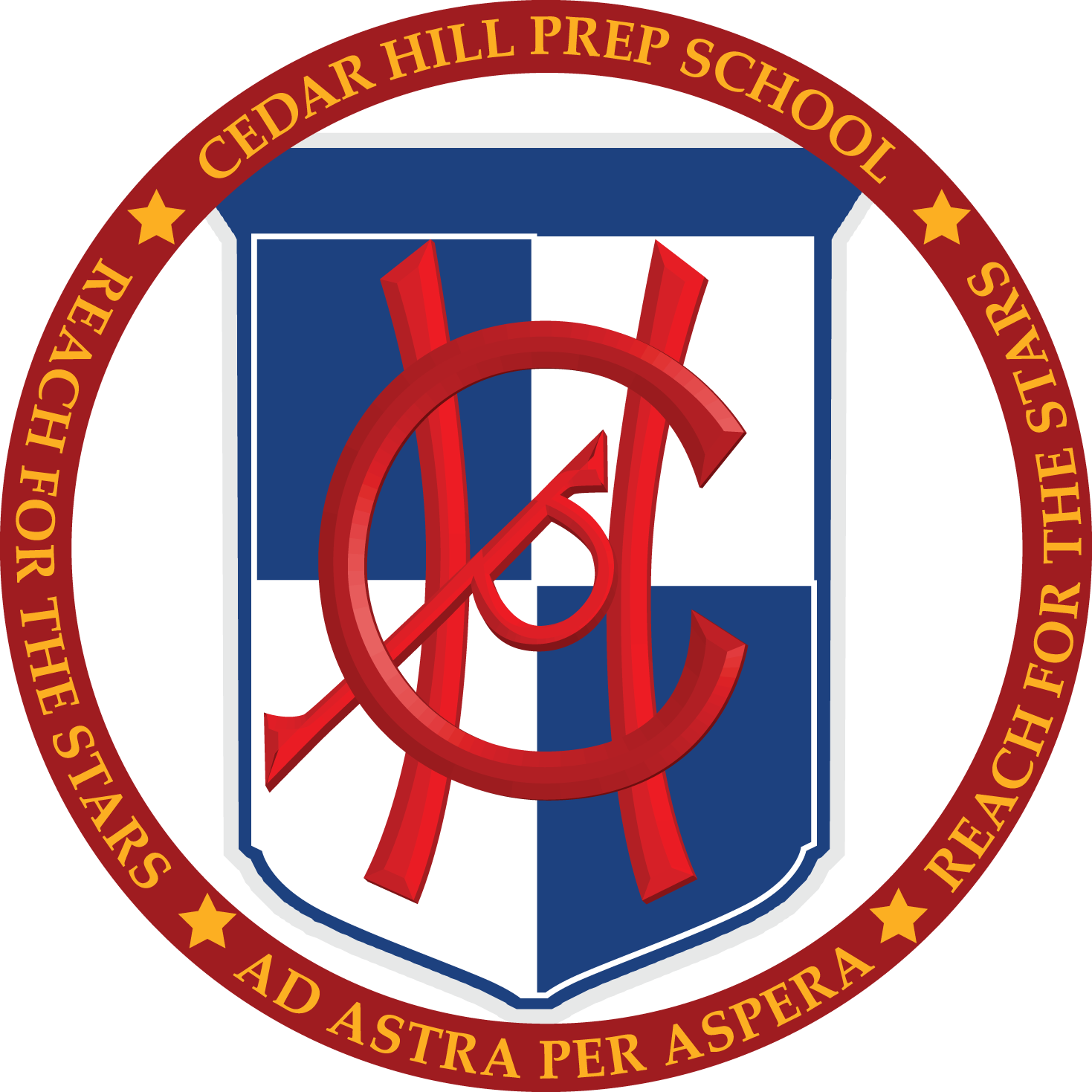
Any parent or teacher will tell you how important Preschool is to a child’s formative learning process. In a Preschool environment, children are exposed to a variety of social and cognitive activities that greatly aid their development into well-balanced members of a student community.
Preschooling philosophies are wide and varied and range from emphasizing heavy playtime activities, to a greater focus on academic pursuits. While it might seem laughable to be teaching “academics” in Preschool, a new study shows how powerful academic oriented preschooling can be.

What Are Preschool Academics?
First things first: What are “academics” at the preschool age?
This study focused on elements of language emphasis, preliteracy, and mathematical concepts. In essence: the building blocks for skills that will be fully developed later in the student’s schooling.
- What shape is the teacher holding up?
- How do you know a square is a square?
- What letter is this?
- What time is it now?
These skills promote “kindergarten readiness” with the goal that students will be well on their way to reading and doing simple math problems by the end of Kindergarten in addition to life skills like telling time and knowing their colors, letters, and numbers.
In addition to skills-based learning, many Preschool academic programs are teacher-led. This means that students will be gathered around a teacher who will guide a didactic activity and encourage the student towards the activity’s pedagogical takeaway. Contrast this with more free-led, play-based models in which children are allowed to self-guide towards the activities that they are interested in with minimal teacher intervention.
Teacher-Led Learning & Free Play
The academic-based approach prepares the students for a Kindergarten environment in which they will spend much more time in teacher-led activities and less time in free-play scenarios. Developing the patience and attention to thrive in this environment will give students a boost as they continue on their educational paths.
The new study out of Berkeley reveals that Preschool students who participated in a “high-dose” Preschool saw significant gains in mathematical and preliteracy capabilities. The study considers “high-dose” Preschool to be at least 20 hours of schooling per week.
Furthermore, this study suggests that children who attend academically-oriented Preschools show much greater gains in these areas (to the tune of approximately 30% greater proficiency) than children who attend non-academic Preschools.
Essentially: academics in Preschools give children a quantifiable leg-up on important developmental milestones, and help to provide a cognitive edge at an essential moment in a student’s development.
Correlation Between Method Of Study & Academic Gains
There is also a direct correlation between method of study in Pre-K and academic gains.
One 2010 study reveals that students who primarily participated in free-play models reaped fewer skills benefits than students who engaged in instructional Preschool models, and students who received one-on-one instruction with Pre-K teachers saw the greatest pedagogical gains.
This is important to consider when investigating what kind of educational environment might be best for your student; not just what they will be taught, but how they will be taught these lessons.
Age Matters As Well
Predictably, children who entered Preschool at the age bracket of 2-3 years old showed increased skills benefits when compared to their peers who entered between the ages of 3-4. It does seem that the extra year or so under Preschool tutelage can give students an even greater edge with these fundamental skills.
The longer students remain enrolled in school, the greater the benefit they will see; a preschool teacher’s expertise can truly make the difference in each child’s early life.
Last, but certainly not least, the Berkeley study verified that these benefits remain with children well into their Kindergarten career. Students continued to reap the preliteracy and mathematical advantages of Preschool as they embarked on the next steps of their academic path into the Kindergarten environment.
When considering Preschool, consider how you can best set your children up for success as they work towards their future. The studies are clear; Preschools know how to support learning in young children.





